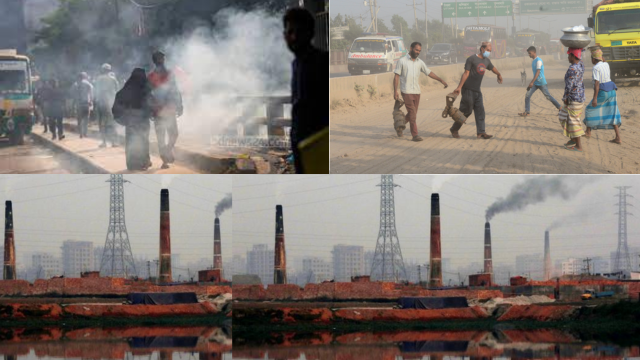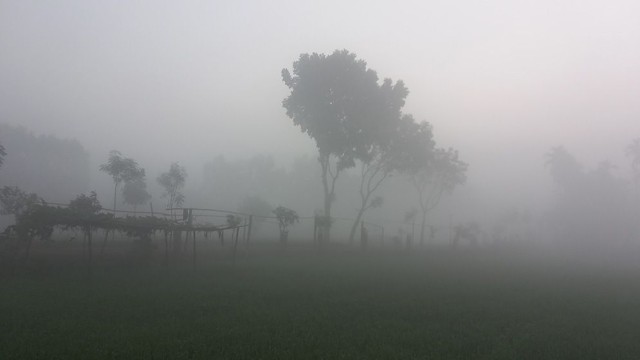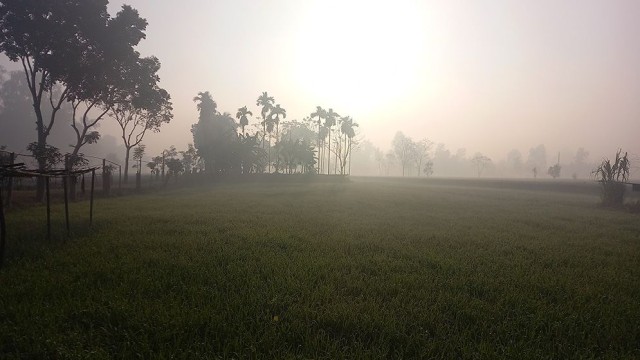"Dhaka is the most polluted city, with an AQI of 538 at its highest point. An frightening estimate from the World Health Organization links air pollution to seven million deaths worldwide each year."
Dhaka, Bangladesh's capital, has once again captured international notice, ranking first on a global list of cities with the worse air quality. At 9:30 a.m. on Monday,February 5th the city's Air Quality Index (AQI) was 538, classifying the air as 'hazardous.' This grade indicates serious health hazards for city residents, highlighting a rising environmental problem.
Accra in Ghana, Mumbai in India, and Kathmandu in Nepal are the next worst cities for air quality in the world, with AQI values of 336, 181, and 174, respectively. These findings show the urgent need for international attention to air pollution and its health consequences.
The air quality index (AQI) is an important indicator for inhabitants since it provides information on air cleanliness or pollution levels and the associated health risks. In Dhaka, an AQI greater than 301 is deemed 'hazardous,' offering serious health risks.
Key pollutants like particulate matter (PM10 and PM2.5), NO2, CO, SO2, and ozone are considered in the AQI calculation for Bangladesh. Air quality is labeled 'unhealthy for sensitive groups' when the AQI is between 101 and 150, escalating to 'unhealthy' between 150 and 200, 'very unhealthy' from 201 to 300, and 'hazardous' beyond 300.The concerning Air Quality Index (AQI) of 538 in Dhaka indicates a serious health risk, underscoring the pressing need for corrective action.
Dhaka has long grappled with air pollution, exacerbated during winter and experiencing relief during the monsoon season. The city's residents are familiar with the annual cycle of deteriorating air quality.
The World Health Organization (WHO) estimates that air pollution takes an astonishing seven million lives worldwide each year. This startling figure is largely due to increased mortality from acute respiratory infections, lung cancer, heart disease, stroke, and chronic obstructive pulmonary disease.































Comment: